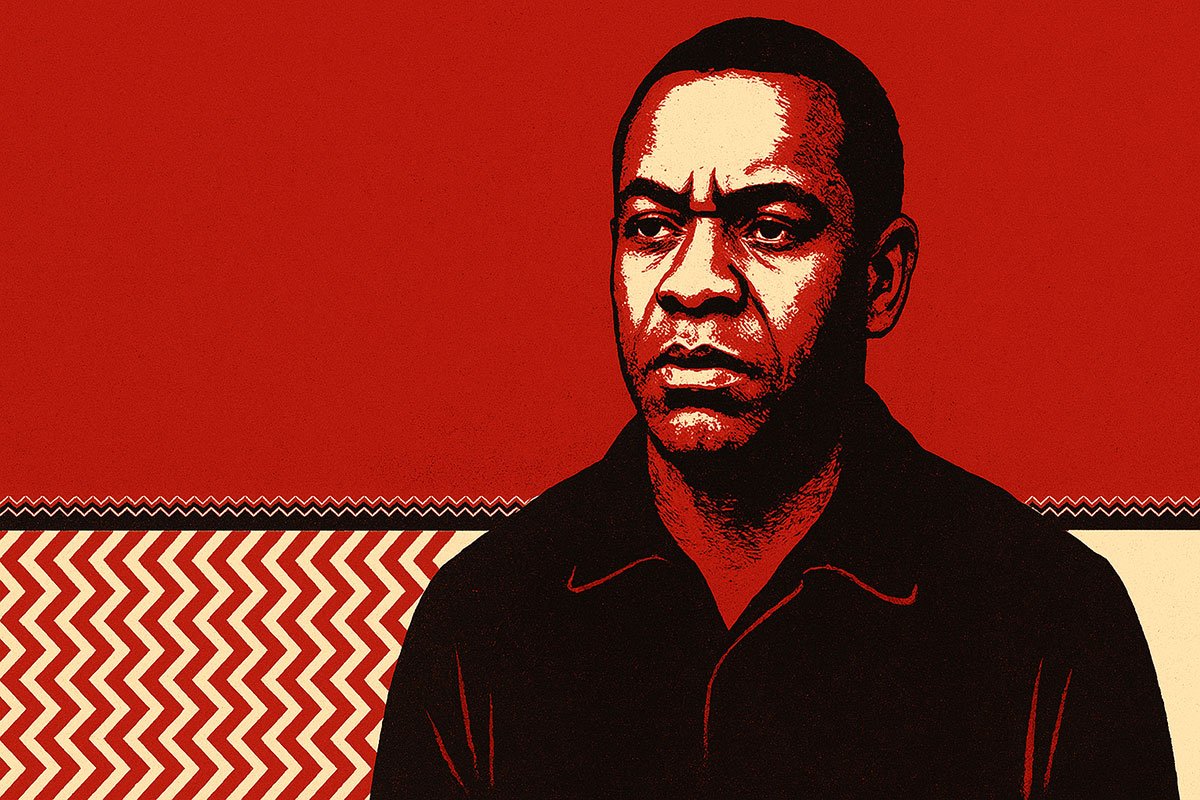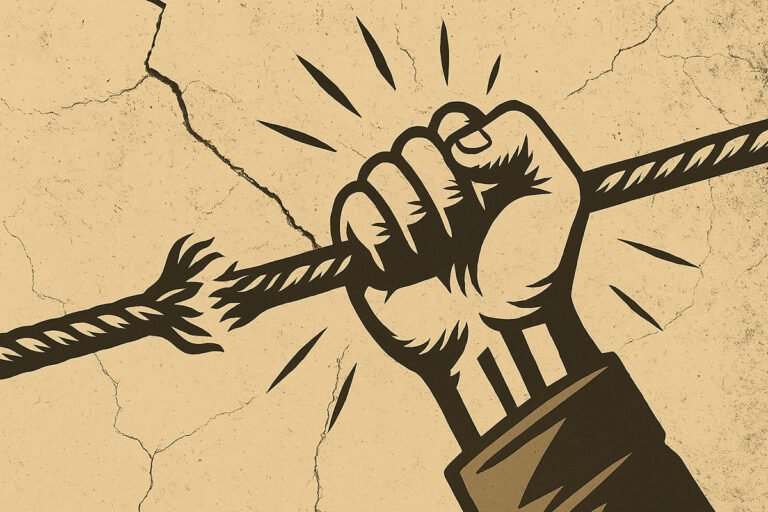“This is not just about Errol Campbell. It is about every young Black man who was stopped, fitted up, and condemned by a corrupt system that called itself justice.”
A Long-Overdue Victory
On a gray morning in London, the Court of Appeal finally erased the stain that had shadowed Errol Campbell’s life for more than fifty years. His wrongful conviction, handed down in 1972, was quashed. For his family, it was vindication. For campaigners, it was proof that persistence can chip away at stone. And for Britain, it was a stark reminder that corruption and racism are not historical footnotes but structural wounds.
This was no minor correction. It was the overturning of a conviction rooted in lies, violence, and the systemic criminalisation of Black youth in 1970s Britain. Errol Campbell was one of the Oval Four, a name now etched into the annals of British legal injustice.
The Oval Four: Framed at the Station
In March 1972, four young Black men — Winston Trew, Sterling Christie, George Griffiths, and Errol Campbell — stood at Oval tube station, unaware that they were about to be pulled into a nightmare.
They were arrested by plainclothes officers led by Detective Sergeant Derek Ridgewell, accused of “mugging and twisting” — supposedly snatching handbags in the underground. The accusation was as absurd as it was devastating.
No forensic evidence. No credible witnesses. Nothing but the word of Ridgewell and his squad. That word was enough to convict.
The four were assaulted, dragged before the courts, and sentenced. Campbell received two years, later reduced to eight months. Eight months stolen, but the sentence didn’t end there. The label of “criminal” followed him for the rest of his life, poisoning opportunities, reputations, and family peace.
The Architect of Injustice: Derek Ridgewell
Derek Ridgewell was not a rogue officer. He was a symbol of the wider rot.
-
The “Antelope” gang: Ridgewell first cut his teeth fitting up Black teenagers in train stations, a tactic that became notorious.
-
The Tottenham Court Road Two: More young men falsely accused, more lives broken.
-
The Oval Four: His most infamous case.
What finally exposed him? Not racism. Not lies. Not destroyed families. Ridgewell was eventually prosecuted for theft — stealing money from a mail train robbery he orchestrated while still in uniform. He was convicted and died in prison at age 37. But by then, countless young Black men had already paid the price of his corruption.
The real scandal is not just Ridgewell’s corruption, but the system that enabled him. Courts believed him without question. Police leaders protected him. An entire structure closed ranks while Black lives were chewed up.
The Long Road to Justice
For nearly half a century, the Oval Four carried the weight of injustice. Some, like Winston Trew, refused to stay silent. Trew wrote books, gave interviews, campaigned tirelessly. His mantra was simple: tell the truth until someone listens.
In 2019, the Court of Appeal finally quashed the convictions of Trew, Christie, and Griffiths. But Campbell’s case lingered. He had died, and the machinery of appeal treats the dead differently. His family had to fight for a posthumous correction — a cruel technical delay to something that should never have been needed.
This year, that fight ended in victory. The judges admitted what should have been obvious in 1972: the case against Campbell was a fabrication.
A Family’s Vindication
For his family, the ruling was bittersweet. Campbell had lived and died with the mark of a criminal on his name. He never got to hear the words “you were innocent.” But his children and grandchildren did. They now carry his name free from the state’s lie.
In a public statement, his family described him as a “loving father and grandfather.” Those words cut deeper when set against the cold record of court transcripts and police statements. The system reduced him to a suspect. His family remembers him as a man.
More Than One Case
To treat Campbell’s story as an isolated incident would be to miss the point. His case is part of a wider, systemic pattern:
-
Stop and search: Decades of disproportionate targeting of Black communities in London.
-
Institutional racism: From the Oval Four to Stephen Lawrence, the same themes of neglect, bias, and cover-up reappear.
-
The present day: Young Black men are still far more likely to be stopped, searched, and criminalised.
Campbell’s vindication matters not only for his family but for every community still living under the shadow of these practices.
What the Quashing Means
-
Truth acknowledged: After half a century, the courts admit what was always known — Campbell was innocent.
-
Exposure of corruption: Ridgewell’s name is permanently tied to lies and racism. His cases are symbols of injustice.
-
Pattern revealed: The Oval Four are not anomalies; they are examples of systemic failure.
-
Memory reclaimed: Campbell’s descendants inherit not a tainted name but a record of resistance.
A Call to Vigilance
The temptation is to treat this ruling as closure. To say, “the past is past.” That temptation must be resisted. The Oval Four were not the last, and the system that allowed Ridgewell to operate has not disappeared.
Institutional silence still protects misconduct. Courts still prefer police testimony over lived experience. Probation, prisons, and borders still dehumanise.
Errol Campbell’s name has been cleared, but the structures that destroyed him remain. Justice requires more than quashing convictions. It requires dismantling the machinery that produces them.
This Is Resistance
They tried to break Errol Campbell. They failed.
His life was marked by a wrongful conviction, but his name will now be remembered as part of a collective resistance against state lies. The Oval Four are no longer criminals in the eyes of the law. They are survivors, campaigners, and symbols of a fight that continues.
We tell this story not only for history but for the present — because every act of exposure is a shield for the next generation.

